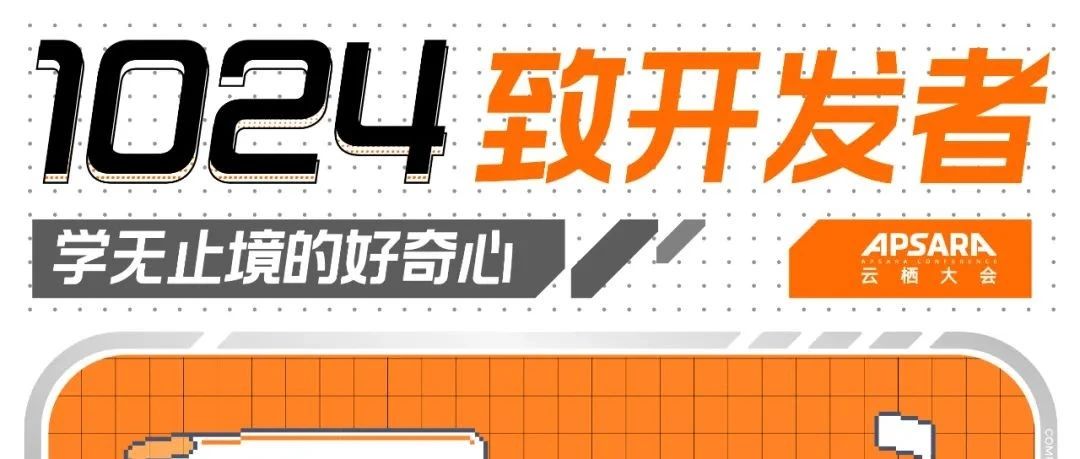如何在C编程中使用文件中的输入数据?
提问于 2013-10-13 13:23:19
我有一个程序使用单词搜索。我有一个数据文件,其中包含字谜和单词。我可以在我的程序中实现什么,以便它读取文件并将其中的字母存储为一个数组?
数据文件的示例(称为testdata):
h e l l o a c d
f g b w o r l d
h a c c v b n a
e q b x n t q q
y e h n c a q r
hello
world
hey我想把所有的字母都存储在二维数组中。另外,我需要将所有单词存储在一个一维数组中。
数据文件中可能的AxA平方字母的列或行的最大行数为25。所以,我认为我应该为字母声明一个这个大小的数组,然后把它们写到那个数组中。
我只是想不出怎么把它们读入数组。数组中的每个字母后面都有一个空格,而单词中没有空格,所以我认为,在将字母放在一个数组中,在另一个数组中放置单词时,这可能会有所帮助。
回答 2
Stack Overflow用户
回答已采纳
发布于 2013-10-13 19:24:52
考虑到您的问题和您的输入,有几个问题,但出于时间的考虑,目前,我已经对数组的维度做了一些假设,即它不一定是方形的(如AxA正方形的列或行所暗示的那样)。实际的数据样本不同意,所以我编写了一个例程来统计所有的数据。字母数组只是一个数组,但是由于它存储在顺序内存中,它看起来就像一个长数组。每个字符串都有自己的位置。无论如何,这段代码应该说明得足够多,让你走上正确的轨道.
#include <ansi_c.h>
#include <stdio.h>
void GetFileContents(char *file, int *nWords, int *lw, int *r, int *c);
void allocMemoryStr(int numStrings, int max);
void allocMemoryLtr(int numStrings, int max);
void freeMemoryStr(int numStrings);
void freeMemoryLtr(int numletters);
#define FILENAME "c:\\dev\\play\\_puzzle.txt"
char **letters;
char **strings;
int main()
{
int longest, cnt, wCount, rows, cols, i;
char line[260];
FILE *fp;
char *buf=0;
GetFileContents(FILENAME, &wCount, &longest, &rows, &cols);
allocMemoryStr(wCount, longest); //for strings
allocMemoryLtr(rows*cols, 1); //for strings
//read file into string arrays
fp = fopen(FILENAME, "r");
cnt=0;
for(i=0;i<rows;i++)
{
fgets(line, 260, fp);
buf = strtok(line, " \n");
while(buf)
{
strcpy(letters[cnt], buf);
buf = strtok(NULL, " \n");
cnt++; //use as accurate count of words.
}
}
cnt=0;
while(fgets(line, 260, fp)) //get remainder of lines into strings
{
//[EDIT]removed fgets()
buf = strtok(line, " \n");
while(buf)
{
strcpy(strings[cnt], buf);
buf = strtok(NULL, " \n");
cnt++; //use as accurate count of words.
}
}
fclose(fp);
freeMemoryStr(wCount);
freeMemoryLtr(rows*cols);
return 0;
}
void GetFileContents(char *file, int *nWords, int *lw, int *r, int *c)
{
char line[260];
FILE *fp;
char *buf=0;
char temp[80];
int wc=0, rc=0, cc=0, ck=0;
fp = fopen(FILENAME, "r");
while(fgets(line, 260, fp))
{
rc++;
buf = strtok(line, " \n");
while(buf)
{
strcpy(temp, buf); // word handler
if(strlen(temp) > 1)
{
wc++;
rc--; //
}
else if(strlen(temp) == 1) //leter handler
{
cc++;
(cc>ck)?(ck=cc):(cc=cc);
}
buf = strtok(NULL, " \n");
}
cc = 0;
}
fclose(fp);
*nWords = wc;
*r = rc;
*c = ck;
}
void allocMemoryStr(int numStrings, int max)
{
int i;
strings = calloc(sizeof(char*)*(numStrings+1), sizeof(char*));
for(i=0;i<numStrings; i++)
{
strings[i] = calloc(sizeof(char)*max + 1, sizeof(char));
}
}
void allocMemoryLtr(int numletters, int max)
{
int i;
letters = calloc(sizeof(char*)*(numletters+1), sizeof(char*));
for(i=0;i<numletters; i++)
{
letters[i] = calloc(sizeof(char)*max + 1, sizeof(char));
}
}
void freeMemoryStr(int numStrings)
{
int i;
for(i=0;i<numStrings; i++)
if(strings[i]) free(strings[i]);
free(strings);
}
void freeMemoryLtr(int numletters)
{
int i;
for(i=0;i<numletters; i++)
if(letters[i]) free(letters[i]);
free(letters);
}Stack Overflow用户
发布于 2013-10-13 13:47:32
我将逐行解析文件,逐行解析char,寻找所需的内容。在该示例(未经测试)中,我持有三个计数器以帮助正确填充数组。
char letters[25][25];
char words[10][25]
int letters_x_pos = 0; // Row counter
int letters_y_pos = 0; // Column counter
int words_pos = 0;
for (int i = 0; i < 25; i++) {
for (int j = 0; j < 25; j++) {
letters[i][j] = '\0';
}
}
const char *line;
while (line = some_read_function()) {
if (!(strlen(line) > 1)) {
continue;
}
if (line[1] == ' ') {
// Line contains letters
const char *letter = line;
while (*letter != '\0') {
if (*letter == ' ' || *letter == '\n' || *letter == '\r') {
continue;
}
else {
letters[letters_x_pos][letters_y_pos++] = *letter;
}
if (letters_y_pos == 25) {
// Maximum reached
break;
}
letter++;
}
// Increment row counter and reset column counter
letters_x_pos++;
letters_y_pos = 0;
if (letters_x_pos == 25) {
// Maximum reached
break;
}
}
else {
// Line contains word
strncpy(words[words_pos++], line, 25);
if (words_pos == 25) {
// Maximum reached
break;
}
}
}页面原文内容由Stack Overflow提供。腾讯云小微IT领域专用引擎提供翻译支持
原文链接:
https://stackoverflow.com/questions/19350465
复制相关文章
Django教程(一)- Django视图与网址1.简介2.环境搭建3.安装pycharm4.Ubuntu下 正确安装VMware Tools5.Django主要模块6.Django基本命令7. Dj






![[博客搭建] 通过用户邮箱认证来介绍 django-allauth 的使用思路](https://ask.qcloudimg.com/http-save/yehe-3855001/300cd10eea9677f49af036c1b94d373a.png)







